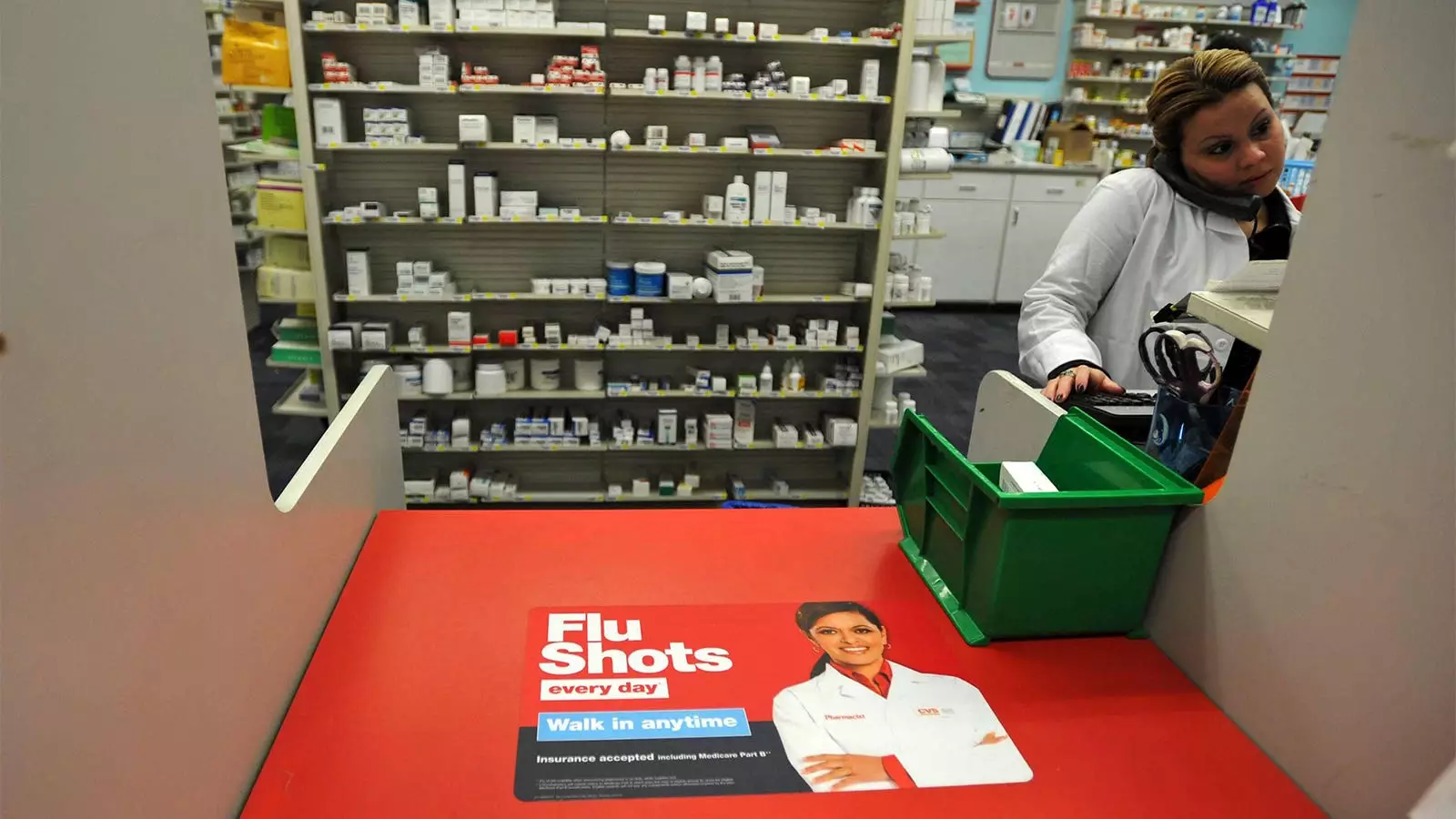In the demanding environment of community pharmacies, a stark reality persists for many hardworking professionals. As a student intern preparing for a future in pharmacy, my daily routine often stretched from early morning to late evening, with no time for proper rest or meals. These long hours—often exceeding 13 without breaks—took a toll on my physical and mental health. The constant standing, coupled with the chaotic pace of retail pharmacy, left both me and my colleagues drained and irritable. More than just discomfort, this exhaustion posed a risk to the well-being of our patients. Concerns about medication dispensing under such strenuous conditions remind us that pharmacy is not merely a retail job; it’s a healthcare service that requires precision and care.
The pressures faced in the pharmacy reflect broader issues in the healthcare system, where the emphasis on speed often overshadows the quality of care delivered. A pharmacist at my workplace once recounted experiences of dealing with impatient patients demanding instant service, particularly during mandated breaks. It was a demoralizing moment when one was physically present but mentally fatigued, leading to a worrying possibility of errors. This realization propelled my journey into the realms of academic research, targeting the critical intersection of fatigue and pharmacy practice. Understanding the implications of tired professionals is essential to ensure patient safety and institutional integrity.
Fortunately, there is reason to hope as recent changes slowly shape the landscape of pharmacy work. With October marking the 20th anniversary of American Pharmacists Month, it’s an opportune time to reflect on improvements. Changes initiated by concerned pharmacy staff and management, including mandatory breaks and a shift away from volume-driven metrics, signify progress. These changes, complemented by legislative innovations granting minimum working conditions, indicate a collective awareness of the need for a safer work environment.
This renewed focus on employee conditions aligns with contemporary research showcasing the negative correlation between fatigue and errors across various healthcare professions, including nursing and surgical fields. My research endeavors aim to replicate these findings within pharmacy settings, emphasizing that healthier pharmacy professionals translate to better patient outcomes. While the steps taken thus far are commendable, the industry must continue evolving to prioritize the well-being of pharmacists and technicians alike.
Interestingly, alongside the challenges faced daily in pharmacy work, my interactions with colleagues have illuminated the underlying passion that drives many into this field. For many pharmacists, the most rewarding aspects of their job are the moments spent with patients. Consultations that aid in health improvement, quick consultation on medication, and simply providing an ear to listen bring satisfaction that transcends the turbulent day-to-day grind.
However, the joy of patient interaction is often marred by the stress and hectic pace surrounding their role. This paradox of fulfillment and frustration is potent, as anecdotal evidence from fellow pharmacists reveals experiences of violence and verbal abuse within the retail pharmacy space, with alarming statistics showing the high likelihood of such encounters. It highlights a troubling aspect of patient frustration, tied to systemic inefficiencies rather than just individual actions.
As we chart a path forward, it becomes imperative for various stakeholders—including patients, healthcare providers, pharmacy management, and legislators—to foster a dialogue centered around the value of accessible and safe pharmacy care. For healthcare practitioners, leveraging technology such as electronic prescriptions can help streamline processes, ultimately benefiting both pharmacists and patients.
Furthermore, understanding the constraints of pharmacy operations will aid in setting realistic patient expectations regarding prescription availability and wait times. Acknowledging the challenges that pharmacists face daily is paramount; patience and understanding can go a long way in mitigating frustrations on both sides of the counter.
In a bid to elevate pharmacy practice, there is a collective responsibility for empathy—from legislators advocating for supportive workplace policies to patients recognizing the human element behind the prescription counter. By uniting our voices and efforts, we can advocate for a pharmacy practice built on safety, compassion, and high standards of care.
The journey towards improving the work environment in community pharmacies relies on sustained collaboration across the healthcare spectrum. We urge everyone involved to prioritize safety and quality, not only for the pharmacists but for the patients who depend on their expertise. The future of pharmacy is intertwined with the well-being of those who serve, and together, we can create a nurturing atmosphere that guarantees excellence in care. By embracing change and solidarity, we can ensure that the efforts of those behind the pharmacy counter are met with respect and understanding for the vital role they play in the health of our communities.


Leave a Reply